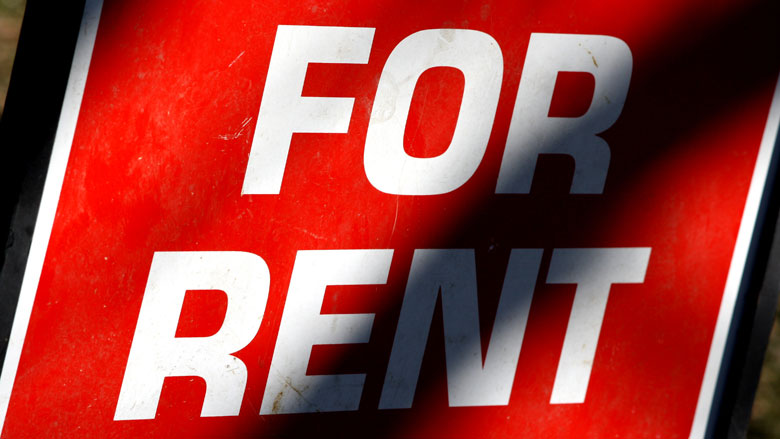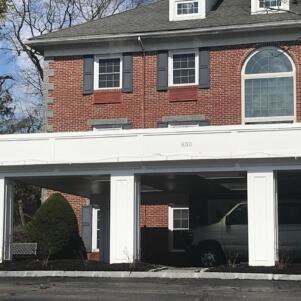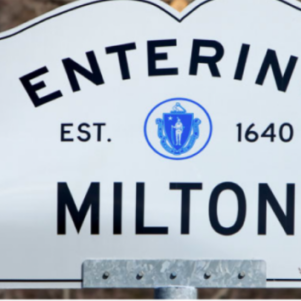Just-cause eviction: Rent control by another name
By Skip Schloming | March 21, 2016, 11:36 EDT
 (Courtesy of Wikimedia)
(Courtesy of Wikimedia) In a 1994 statewide referendum, Massachusetts voters chose to ban rent control in the Bay State; but a new proposal currently before the Boston City Council threatens to re-impose the outlawed practice through the back door.
On March 14, the Boston City Council held a public hearing on the topic of a just-cause eviction ordinance for 60 to 70 percent of Boston’s rental housing. The hearing was, by all accounts, raucous. In the packed council chamber with overflow crowds in the hallway and two other rooms, both sides – landlords and tenants – clapped energetically after especially impactful speakers, despite Council rules against such outbursts. That housing policy should be made in this fashion already speaks badly for the proposal. The general issue is what to do about rising rents, especially when older housing is bought, long-term tenants are evicted, the building is gut-rehabbed, and the newly renovated units are rented at much higher rents or sold as high-end condos. The issue is a compelling one, and the advocates are pushing it. But just-cause eviction is a very crude tool to use for it.
Tenant advocates, principally Boston’s City Life/Vida Urbana, dropped their overtly rent control language just before the hearing and claimed that what remained – just-cause eviction alone – “is not rent control.” But they did not thereby eliminate rent control. In fact, under the revised proposal, they would get all they wanted – to keep rents low in the affected housing.
The idea of just-cause eviction is that tenants in certain rental units cannot be evicted unless the owner’s reason for eviction is one of eight “just” causes for eviction. Their short list of just causes includes breaking a lease provision, willful property damage, destroying the peace, refusing to sign a new lease, habitual nonpayment of rent, illegal activity, denial of access, and for an owner move-in. These just causes are further defined so tightly that few tenants will be evicted under them.
Just-cause eviction alone imposes or requires rent control in at least three ways. First, evicting for condo conversion, for major rehab, or to bring a property up to market value are not among the “just causes.” Hence, all the changes an owner would like to make to her property to increase its value and its rents are blocked. The effect is rent control.
Second, under landlord-tenant law in Massachusetts, a tenant is not obligated to pay a rent increase that she has not agreed to. If the tenant refuses to agree or to move out voluntarily, the owner’s only option is to evict. But refusing to agree to a rent increase is not a just cause. Once again, it’s rent control, and even worse, it’s a rent freeze for as long as that tenant resides in that unit.
Third, just-cause eviction cannot be enforced without rent control. If an owner has a reason to evict a tenant, but it is not one of the just causes, the owner only needs to raise the rent very high – if there truly is no rent control – to effectively evict that person. In other words, without rent control, owners can get around a just-cause eviction ordinance, which will become unenforceable. To remedy this outcome, advocates will demand rent control in any initial proposal or subsequently after it is enacted.
Any one of these three avenues to rent control would violate the 1994 referendum, now embodied in Massachusetts General Laws, Chapter 40P, which states: “[T]he words ‘rent control’ shall mean (a) any regulation that in any way requires below-market rents for residential properties; and (b) any regulation that is part of a regulatory scheme of rent control as defined in clause (a), including the regulation of occupancy, services, evictions, [and] condominium conversion….[C]ompliance on the part of property owners as to the rent control regulation…shall be entirely voluntary and uncoerced” (emphasis added). Advocates who claim that just-cause eviction is not rent control under state law are being deceptive.

Skip Schloming
Skip Schloming, Ph.D is Executive Director of the Small Property Owners Association.
NBPUrban
NBPEconomic











